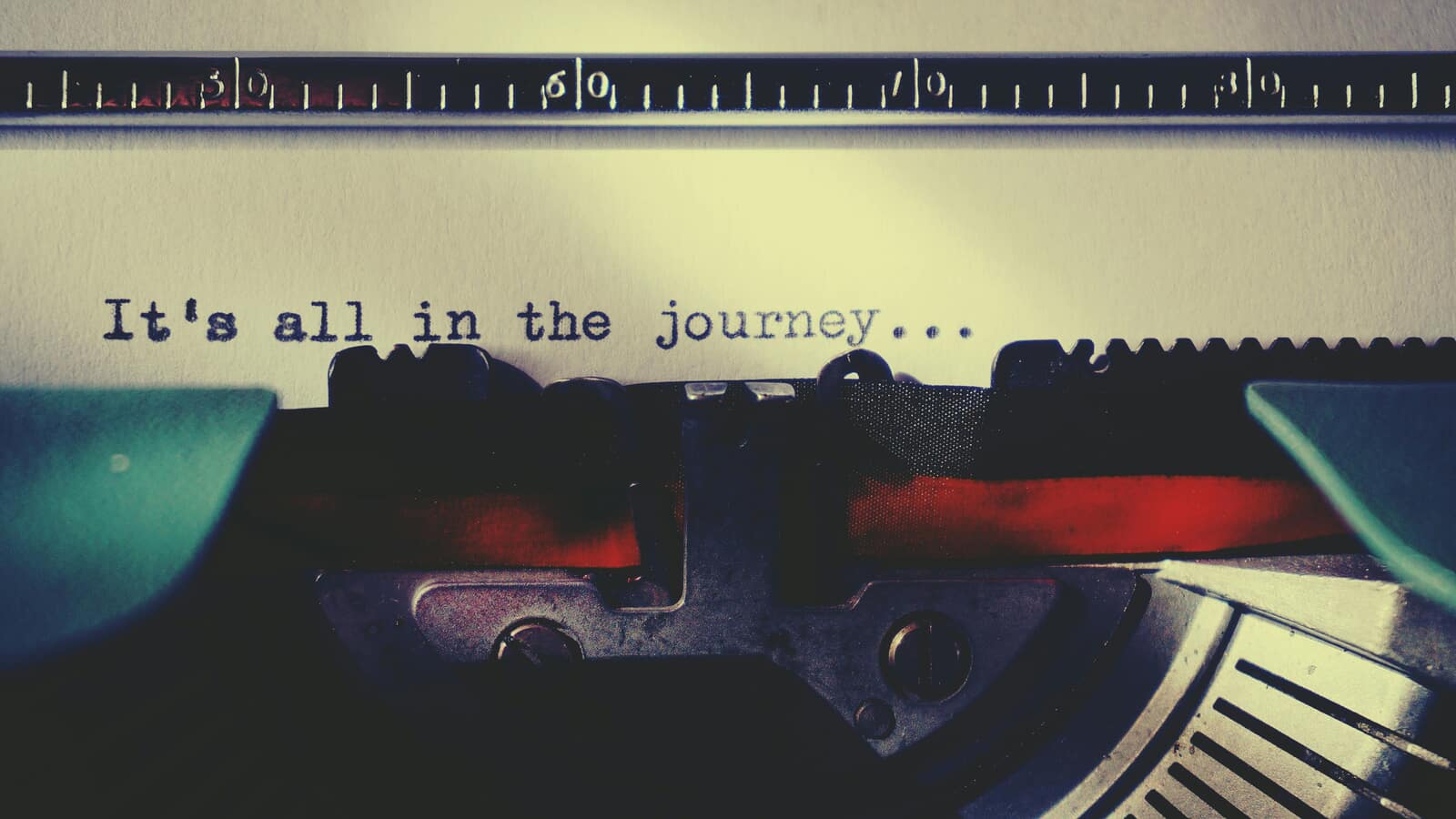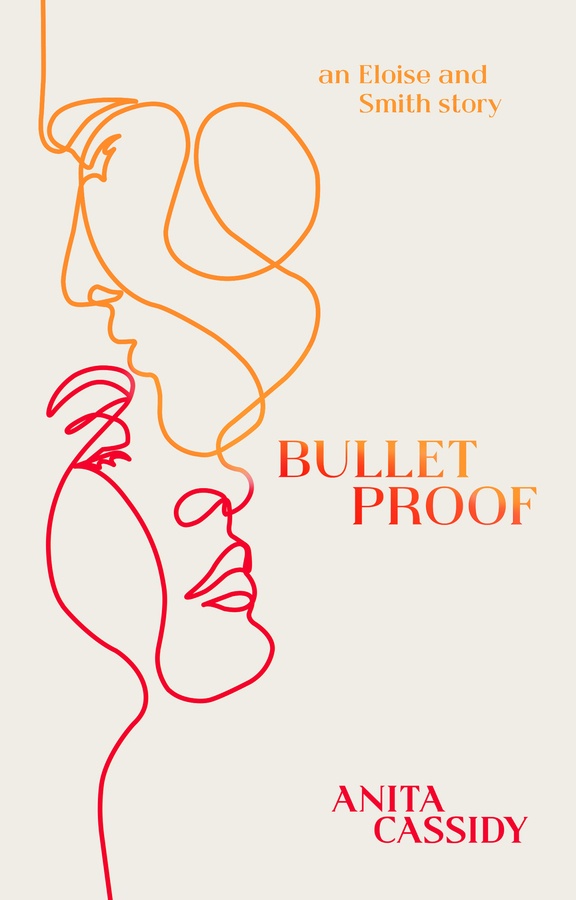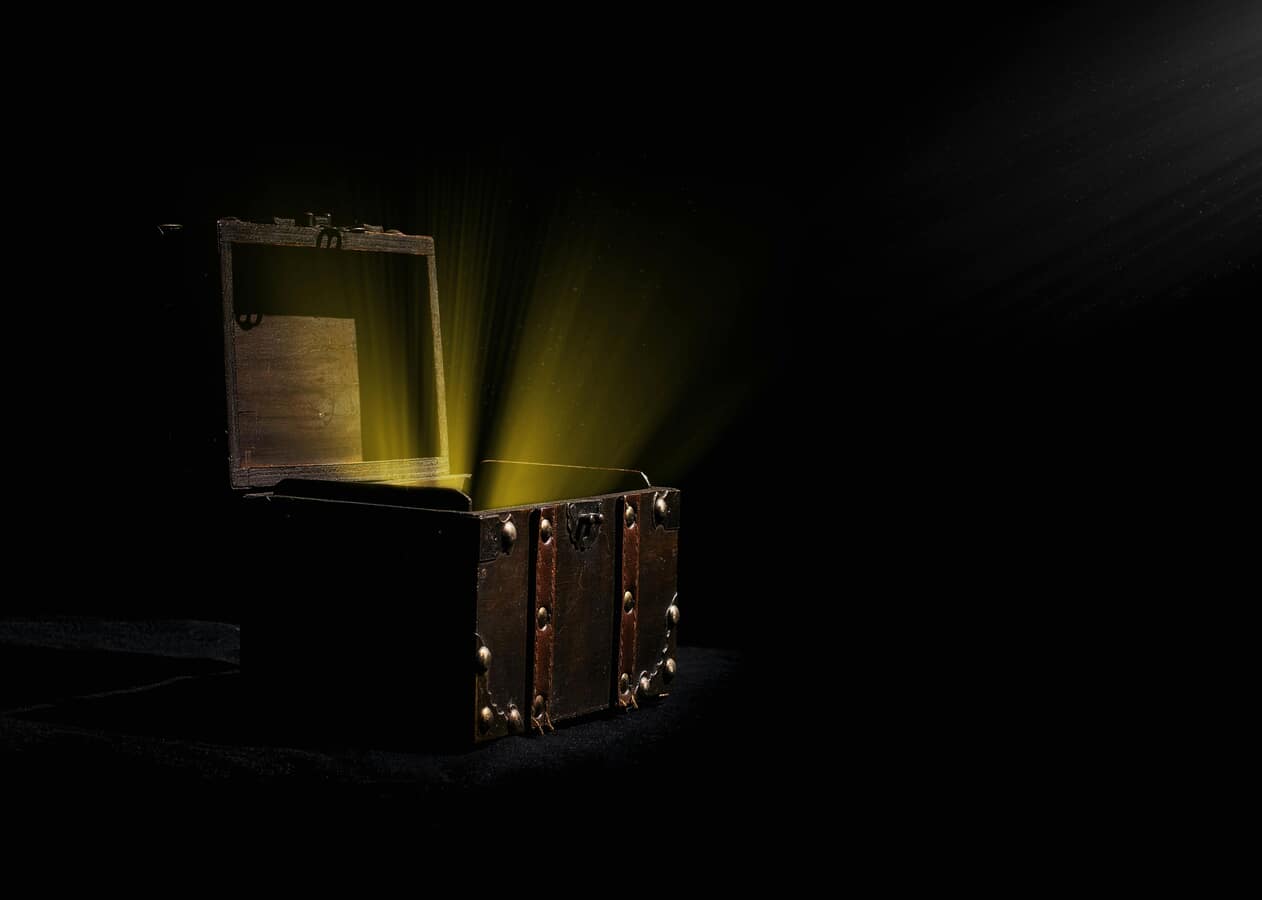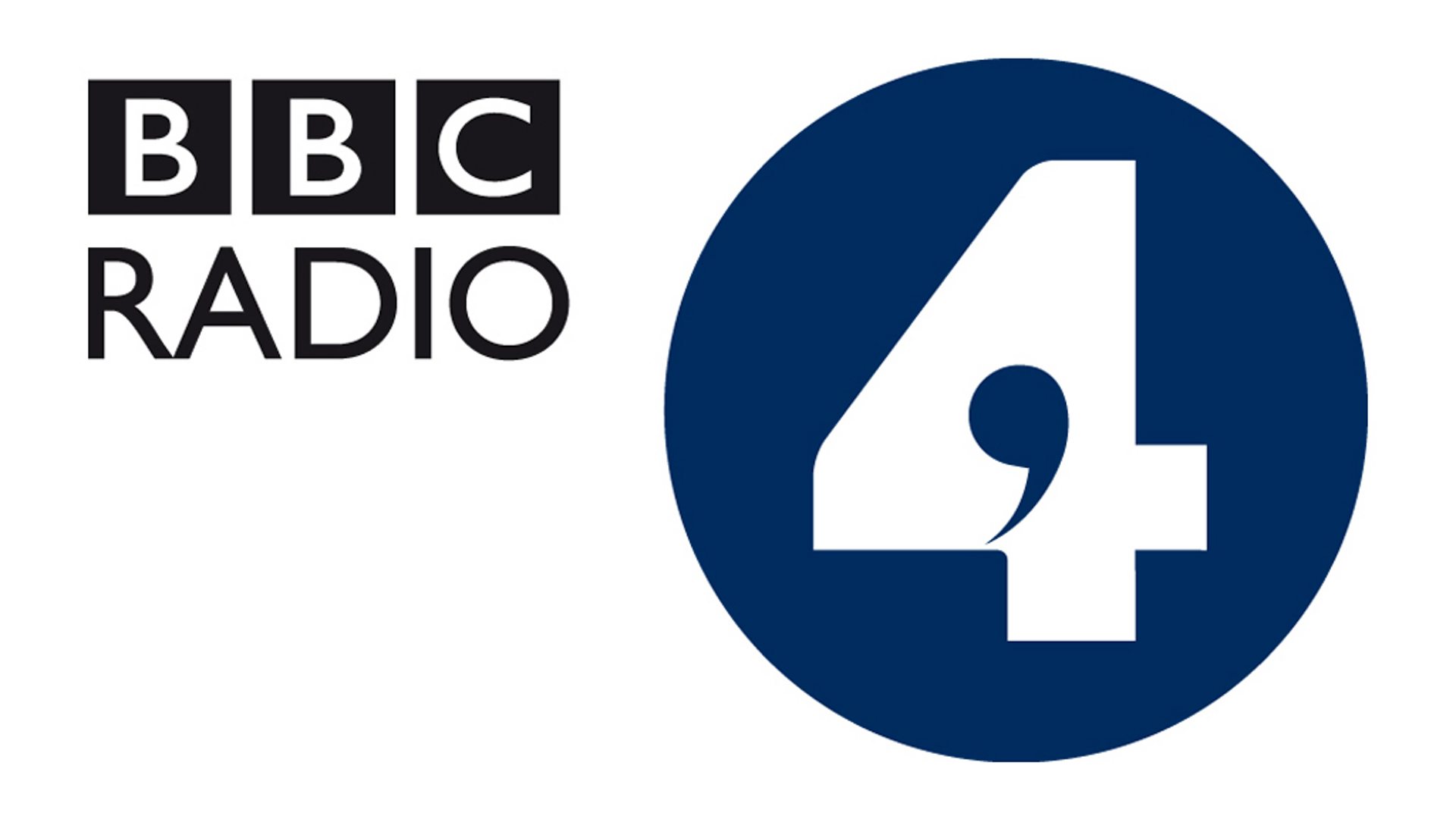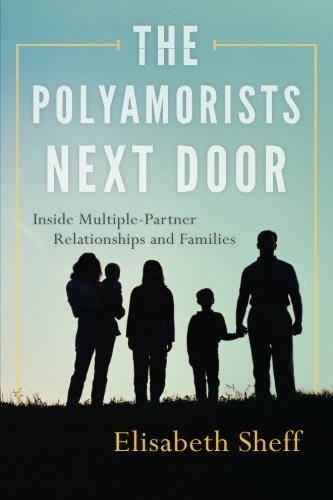Sometimes we uncover big things. Sometimes, the work of months and months of therapy can feel very unrewarding, the feeling and seeing of so much internal pain just makes you feel so much worse rather than “better”. This is a common reason why people end therapy but also one of the reasons why I seem to have spent so much of the last 6-12 months crying and also going to bed early or even napping in the day – especially after difficult sessions. Sometimes all you can do is sleep. The emotional exhaustion is literally crippling: one does not so much go to sleep as collapse….
And yet the big thing is a big thing and, when it IS seen and understood the day to day release – the impact of that – is tiny but also HUGE. I see that the key is to shift (melt?) these frozen and solid lumps of unfelt feelings – to melt them so that then we are more able to float along with life presently – we are not feeling past pain so much as an appropriate level of feeling for the now and the present…
It is about feeling in the now. Not feeling unfelt past feelings or others’s feelings. Just your feelings in the present.
This takes work. It takes the slow, gentle and tiring work of blowing warm breath onto and over the hard and frozen parts of yourself. We do this by allowing the tears to flow: this is the melting of the frozen floes of pain in the heart and body.
For me, the big issue was being “seen”.
I was obsessed with being “seen” via text, being “seen” in person. I was not happy unless I was being “asked” for: being “asked out” I guess. I can see now how this goes back to my teenage years and the cultural and social messages I unquestioningly absorbed about my worth as a female only being measurable by the degree to which I was being “asked out” and “desired”. I also see that it goes even further back: that the lack of consistent positive attention I received as a child manifested itself, in my teen and adult self, as a desperate need for external reinforcement and validation. This is not to say that my parents did not love me just that, like all flawed people, their love was flawed. But love mostly is. We all mostly are. And that is okay. We are, as the Zen saying goes, good enough and there is always room for improvement.
This need to be “seen” and the degree to which it is an issue for you underlies one of the biggest issue within radical relationships: how much time a partner spends with you and others.
The need to be “seen” and “asked for”, the perceived imbalance whereby it is often the woman (or one partner) organising the “seeing” or requesting the “seeing” while the other(s) expects and likes to be “asked for” but also secretly resents having their time “organised” for them. It is a tricky one to navigate and takes real honesty and openness, a real willingness to say: I love you, I like organising things for us to do but I will not and cannot do ALL of that for us, all of the time. It is about the even distribution of the relationships emotional labour. It is also about seeing how much you are relying on that or those relationship(s) to feel seen and validated.
It has taken me until 40 to really see my need to be seen. I am not fully rid of it but I can choose to behave and interact with others differently now as well think differently about myself as someone who is not in need of this kind of external validation. Yes it feels good to be asked for but it does not feel as good as being proud and content within myself, with my work and my self.
I celebrate myself and I sing myself. I love that line by Whitman but I think I will add this to it: I see myself.









